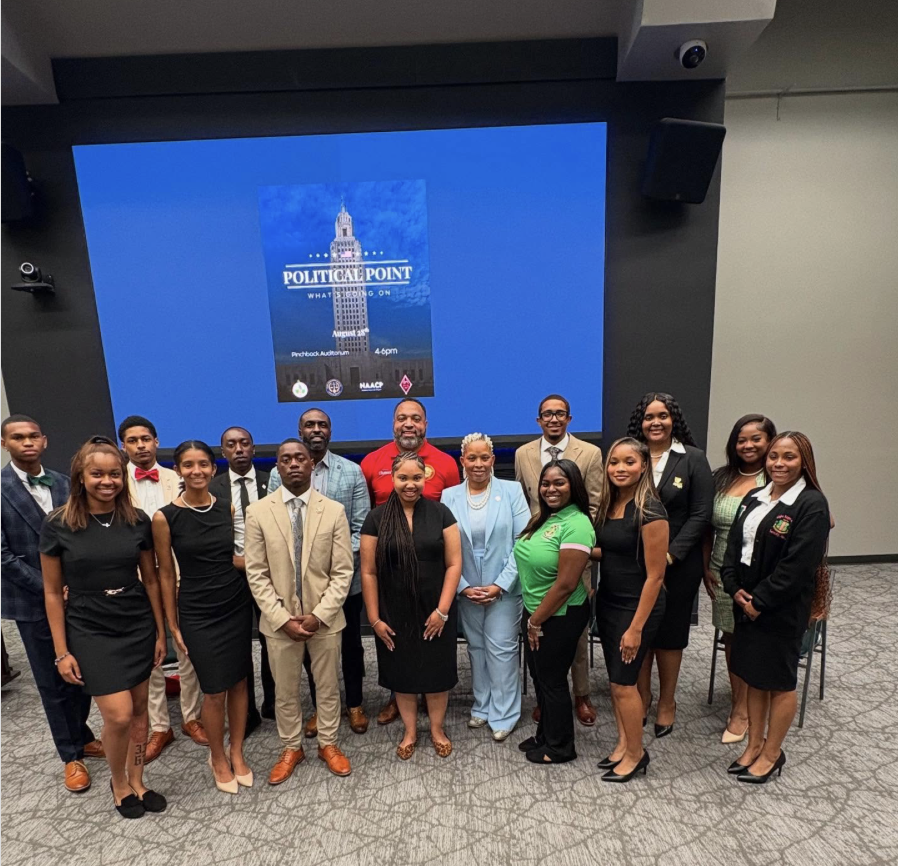The battle of declaring financial exigency was a sweet victory for the Board of Supervisors but the war isn’t over according to faculty senate president Sudhir Trivedi who met with lawyers last Friday to prepare a lawsuit against the recent status of financial exigency.
The basis of the lawsuit circulates around the belief of financial exigency affecting the rights of tenured faculty. According to Trivedi, tenure is defined as a property right by federal court all around the nation. Before the property rights of any one can be affected there must be a due process (procedural requirements must be met).
“We are looking forward to reversing financial exigency, stop its implementation, stop faculty furloughs, and refund the money to the faculty members from whom the money has been wrongfully taken,” declared Trivedi.
The Board of Supervisors successfully declared financial exigency on October 28, 2011 with a unanimous 14-0 vote with two members absent. In September, the vote was deadlocked with a 6-6 vote and four members were absent. The status of financial exigency is supposed to last until June 30, 2012.
The declaration item was added late in the evening to the October 28 meeting after the agenda was originally posted earlier that week thereby leaving short notice for the SU community to react and respond.
“The Board and the administration did not follow the process and procedures, as written in the board bylaws, before declaring financial exigency. We also believe that there is no substance to their argument, that is, there is no financial exigency/emergency. That will be the basis of our suit,” informed Trivedi.
The lawsuit is currently being constructed and should be ready for the Nov. 25 board meeting. Chancellor James Llorens is also preparing a reorganization proposal outlining the implementation of financial exigency.
“I would love to see Trivedi become more of a resource tool in helping us to get through this. I think there is a significant number of faculty members who agree with the direction we are going,” expressed Llorens.
Financial exigency will allow administration to cut and consolidate throughout the entire university rather than just one college or department. According a previous quote in a local newspaper Trivedi stated the number of colleges would also decline from 11 to possibly four or six.
“It doesn’t do any good for the faculty to instill this unfounded approach to saying all of these terrible things are going to happen. It’s hard for me to understand why faculty would do that,” said Llorens.
It has been reported that declaring financial exigency leaves a negative image for prospective students. UNO is the only university in the state that has declared financial exigency due to Katrina.
According to Llorens, financial exigency for SU is only a one year declaration and the president of the Southern Association of Colleges and Schools (SACS), Belle S. Wheelan, believes that the SU system will move forward after this one year tenure.
Currently there are three lawyers working on the suit against financial exigency, including attorney Jill Craft and contract law attorney Paul Bell, whose names were released by Trivedi through email.
“We have to show the real motive which may include undermining the tenured. For example, getting rid of a particular professor regardless of program changes. They can do program changes without declaring financial exigency,” said Bell.
Bell also believes that the urgency could become a contributing basis for the developing lawsuit.
“There is also this issue with urgency which is bogus. Maybe they didn’t need that urgency to declare exigency, which was absolutely invalid,” continued Bell.
Jill Craft could not be reached for comment.
“We are in the process of finalizing who will lead our case and it will be ready in due time for the board meeting,” concluded Trivedi.
Categories:
Faculty plans to sue BOS
November 14, 2011
0
More to Discover





